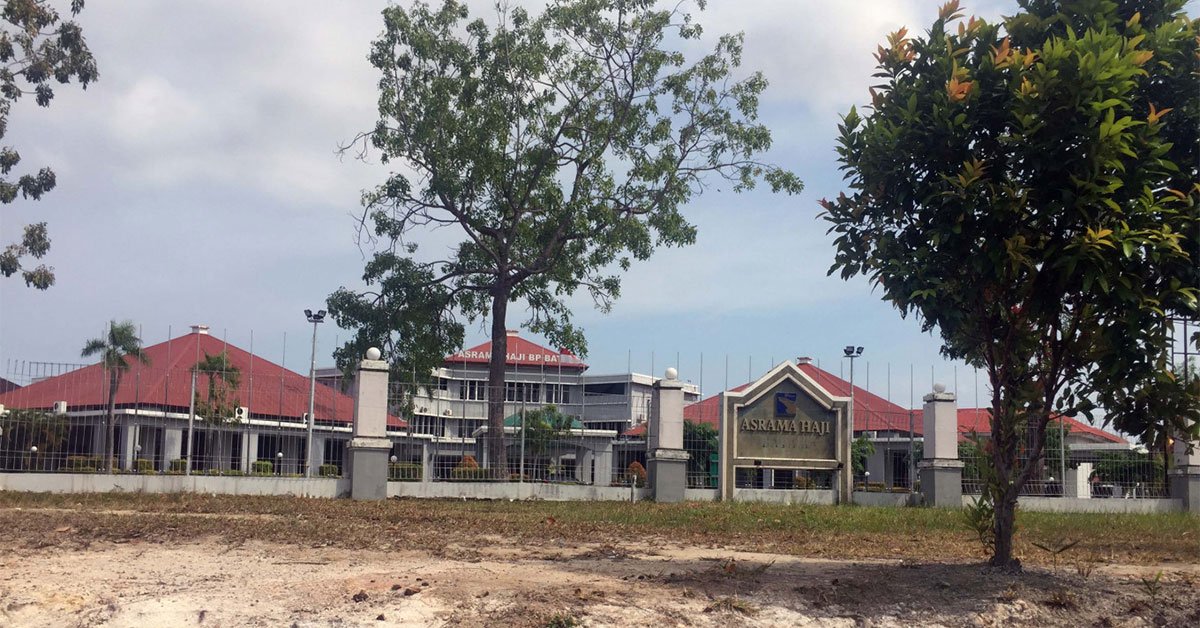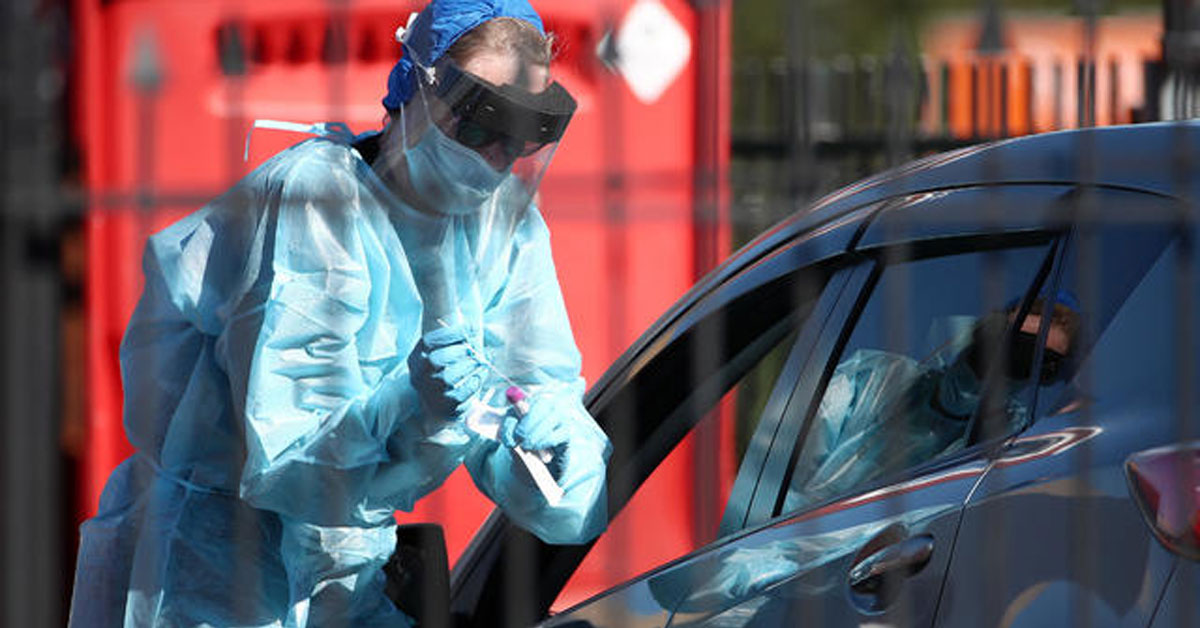It is still a critical period where the spread of the COVID-19 is rampant. While many who have been issued stay-home notices obey and isolate themselves for 14 days, there are some not-so-considerate people who choose to breach this notice for their own reasons.
2 Batam Residents Escape Covid-19 Quarantine Because They Cannot Lose Their Income
According to The Jakarta Post, two men in Batam, Riau Islands who are supposed to be quarantined after having been in close contact with a Singaporean COVID-19 patient have run away.
They both work as app-based ojek motorcycle taxi drivers and feared that they would lose their incomes and jobs if they continued being quarantined.
The Riau Islands Health Agency head Tjeptjep Yudiana said, “One of them was already quarantined but then ran away. Another has refused since the beginning and can’t be reached now. They refused to be quarantined because they’re afraid of losing their jobs and income. We’re currently looking for ways to give them money [to replace their lost earnings].”
The two of them are part of the 15 people who have been identified as having been in close contact with three Singaporean residents who were confirmed to be infected with COVID-19 after travelling to Batam.
Both were supposed to be quarantined with nine others on the third floor of a building in the haj dormitory complex in Batam from 2 to 8 March while the rest are quarantined in their own homes.
The local police have sought help from the public to help search for the two men so that they can continue to be quarantined and not pose a threat to everyone else.
Indonesia’s Battle Against COVID-19
Since it is only recently that Indonesia reported their first two COVID-19 cases after weeks of reporting 0 cases, it is natural that the medical workers in Batam are still not familiar with how to implement a quarantine during a virus outbreak.
This was also admitted by a Batam health agency.
The 11 people who have been quarantined at the haj dormitory complex are being observed by three medical workers and the rest of the complex is open to the public.
Tjeptjep also admitted that Indonesia’s capabilities in contact tracing were lacking as they mostly relied on interviews, while countries like Singapore relied on CCTV cameras installed in many public regions to gather evidence.
The Singaporean COVID-19 Patients
On 1 March, Singapore’s Ministry of Health (MOH) reported three COVID-19 cases, two Singaporean citizens and one Myanmar national after they travelled to Batam from 21 to 23 February.
The 15 Batam residents who have been identified as being in close contact with the above three patients are 33-year-old P, his wife and their two children, as well as 39-year-old CSS and 10 of her relatives and close acquaintances. The two men who have escaped quarantine are among CSS’s close acquaintances.
P was Case 103’s driver when the Singaporean visited Batam while CSS worked as her domestic helper.
Other Countries’ Assistance For Quarantined People
In Singapore, self-employed individuals who are quarantined are entitled to $100 allowance a day, while employers of non-self-employed individuals are given the $100. This is to help Singaporeans get by during this difficult period of time without them having to worry about losing an income.
In Hong Kong, every individual is given about HK$10,000 (~S$1,794) each to help them tide over the COVID-19 outbreak situation. As expected, due to COVID-19, businesses have been affected and everyone’s income has taken a toll. As such, the Hong Kong government pledges to help their people and make sure that their livelihoods are not affected.
Alternatively, the companies that these individuals are working for can also help to give out grants, just like what Grab has done over here in Singapore.
Perhaps these measures would also prevent those who have been quarantined from escaping just so that their livelihoods will not be affected.
Agree?



